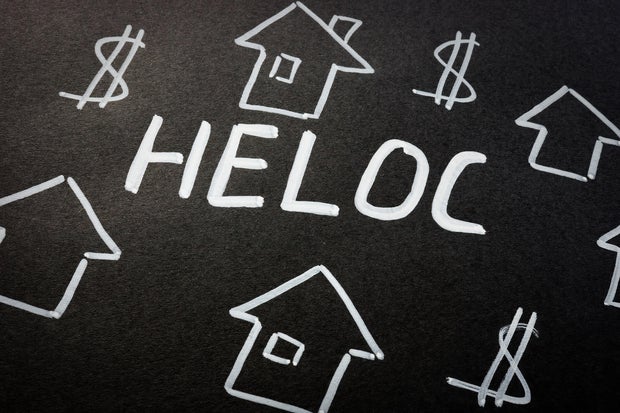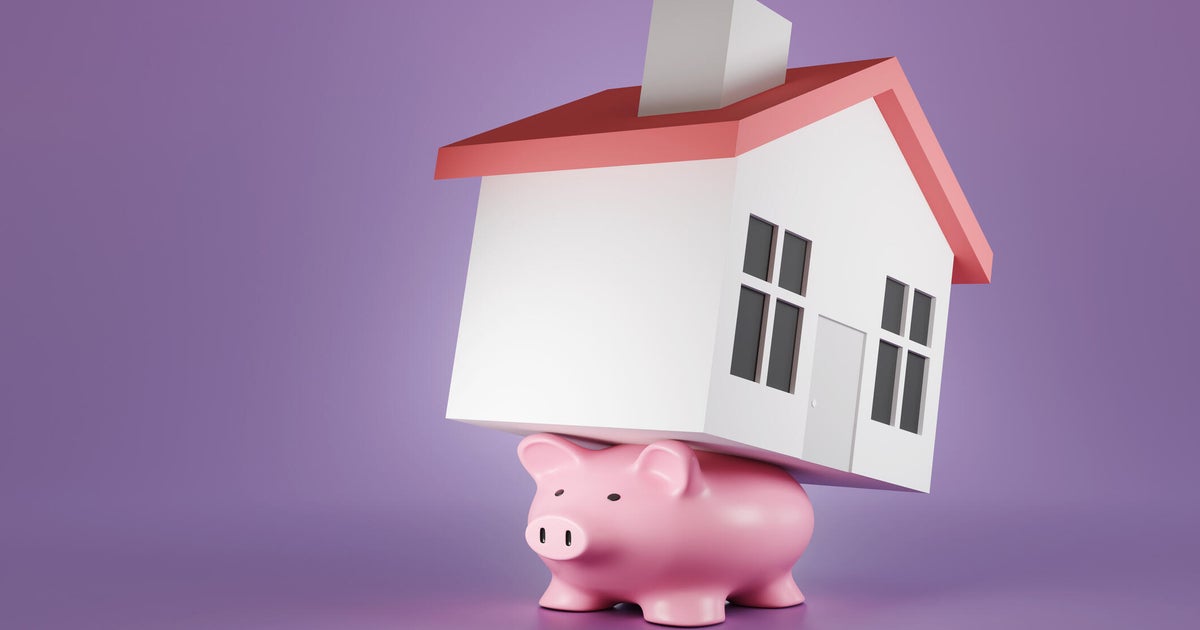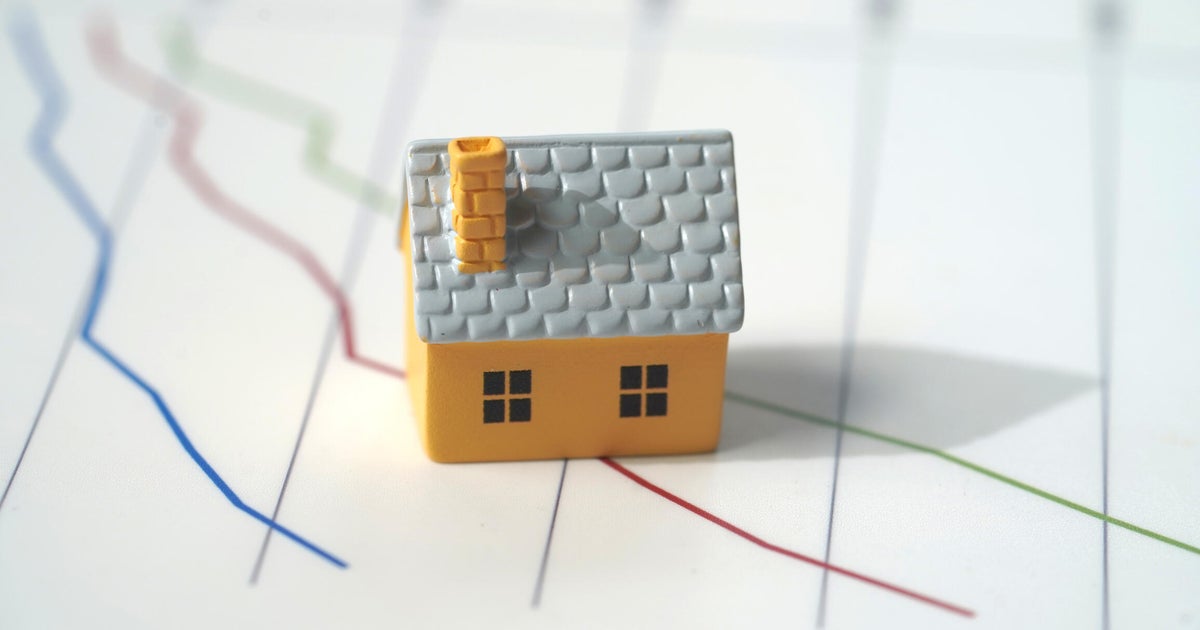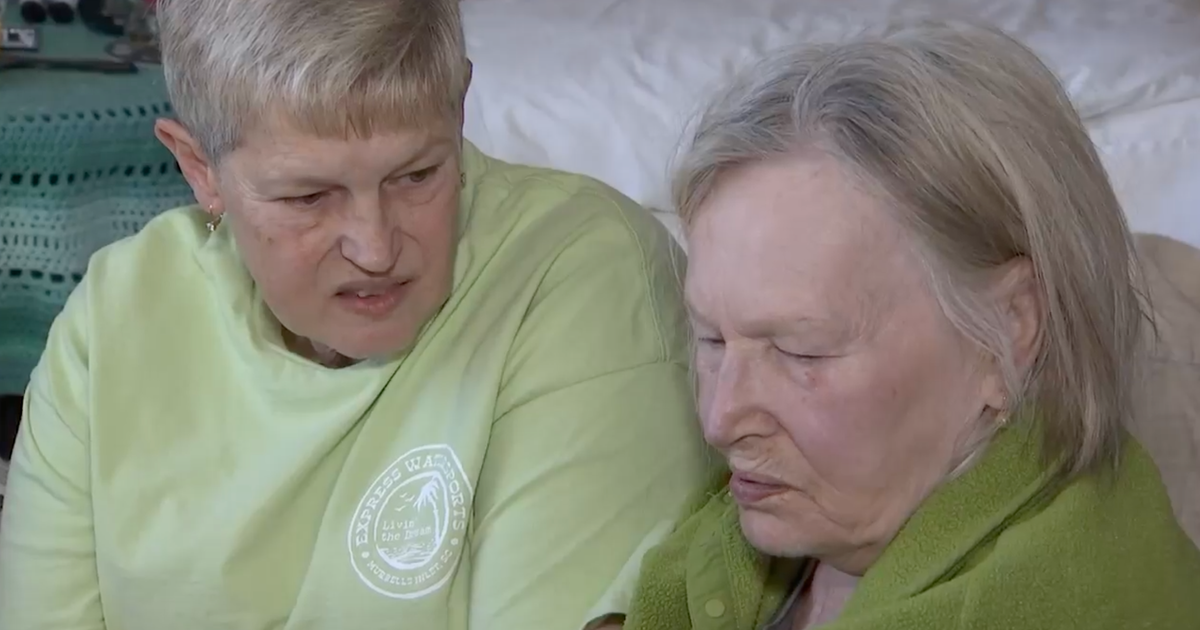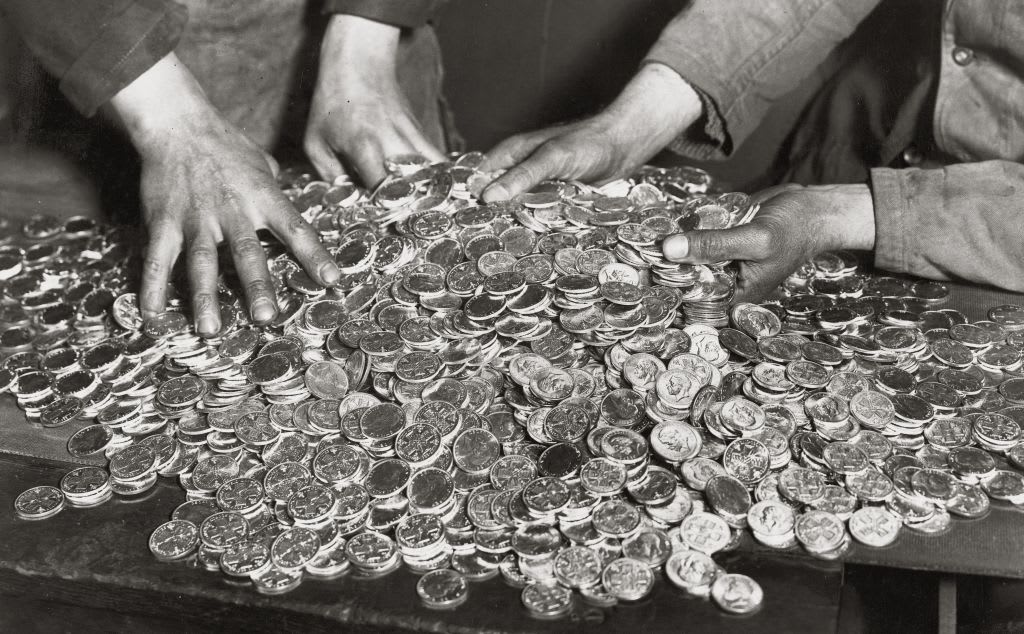What happens to my HELOC if my home value falls?
It can be tough to find affordable lending options in today's high-rate environment. After all, at over 21% on average, today's credit card rates are sitting near record highs. And while personal loans tend to have lower average rates, the over-12% average rate still adds quite a bit to the total cost of borrowing right now. But homeowners have a good option to consider at their fingertips: borrowing against their home equity with either a home equity loan or home equity line of credit (HELOC).
While both offer rates below what other lending products come with right now, HELOCs, in particular, can be a smart way to tap into the value of your home. Rates on HELOCs currently average under 8%, and when you use this home equity borrowing option, you're opening a line of credit that functions much like a credit card, meaning that it can be drawn from multiple times (up to the credit limit). That makes it a smart option for funding a major renovation, paying off high-rate debt or as a safety net in case of emergency.
But as with any borrowing tool that's secured by your home, there are some risks involved, especially if your home's value declines. In recent years, many homeowners have watched their property values rise, but that trend may not continue indefinitely. So what happens if your property value takes a dip after you've opened a HELOC? That's what we'll explain below.
See how affordable your HELOC rate could be now.
What happens to my HELOC if my home value falls?
When you open a HELOC, the amount you can borrow is calculated based on your home's current market value minus the amount you still owe on your mortgage. Most lenders will allow you to borrow up to 85% of your home's value, including the balance of your primary mortgage. So if your home is worth $400,000 and you owe $250,000, you might qualify for a HELOC of up to $90,000.
But what happens if your home value drops after your HELOC is in place? Well, it depends. If the decline in value is small, your lender may not take any action. However, if the drop in your home value is significant enough to cut into the equity you were approved for, your lender might step in. In some cases, your lender could:
- Reduce your credit limit: If your home equity falls, your HELOC credit limit might be lowered to reflect your new, lower equity.
- Freeze your HELOC: If your lender determines that your home no longer provides sufficient collateral, they could freeze your line of credit, preventing you from drawing additional funds.
- Request a new appraisal: Lenders can periodically review property values and request updated appraisals or use automated valuation models (AVMs) to reassess your home's worth.
- Increase your rate: Some HELOC agreements allow lenders to adjust your rate based on changing risk assessments, which could mean higher monthly payments.
- "Call" your HELOC: If home values plummet dramatically, lenders might invoke a clause that allows them to demand repayment of the entire outstanding balance. While relatively rare, this "calling" can create serious financial strain.
Compare your top home equity borrowing options online now.
How to deal with HELOC changes
If your lender reduces or freezes your HELOC, there are a few steps you can take to manage the situation:
Understand your lender's policies. HELOCs are subject to change, and most agreements include language that allows lenders to modify or freeze credit lines if your home's value drops significantly. Review your original loan agreement to understand your rights and the lender's terms.
Keep communication open. If your HELOC is reduced or frozen, don't panic. Reach out to your lender to ask why and find out what your options are. If the lender used an automated valuation that you believe is inaccurate, you may be able to request a formal appraisal to reassess your property's value.
Improve your financial picture. Lenders may also review your credit, income and debt levels when evaluating whether to reduce or maintain your HELOC. Keeping your credit score healthy, paying down debt and maintaining a steady income can help minimize the risk of a credit line adjustment.
Explore refinancing or alternatives. If your HELOC is no longer meeting your needs, you might consider refinancing with a new HELOC or even switching to a fixed-rate home equity loan. In some cases, a cash-out refinance might also be worth exploring, though that requires swapping out your current mortgage loan and rate with a new loan at today's rates.
The bottom line
A HELOC can be a smart and affordable way to leverage your home's value, but that value isn't guaranteed to stay the same. If your property value drops, your lender could reduce or freeze your credit line — even if your financial situation hasn't changed. That's why it's important to understand how HELOCs work, what your lender can do and how to prepare for the unexpected. Ultimately, the best way to safeguard your HELOC and your overall financial well-being is to stay informed, keep your finances strong and have a plan in place in case things change.
